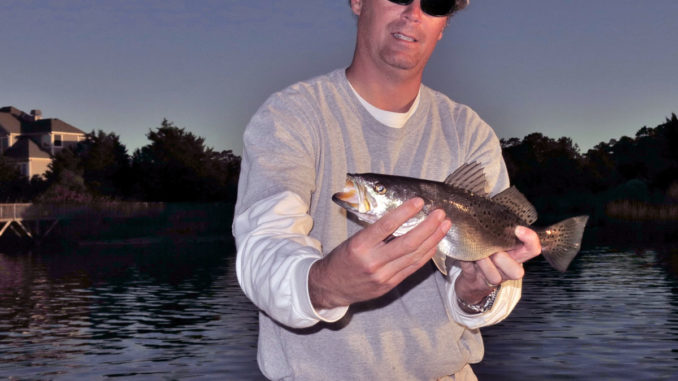
Bulls Bay is a massive, open bay with a mixture of deep and extremely shallow water. Fortunately for anglers and transient mariners, the entire length of the bay is flanked by the Atlantic Intracoastal Waterway.
But the ICW section in the McClellanville area is more than just a conduit to get from one place to the next. Its waters are super salty, loaded with structure and fish and a short run from the few boat ramps in this part of the coast. Speckled trout will use this section of the ICW throughout the year. If not for all of the oyster-lined banks, docks and hundreds of creek mouths dumping into the channel, trout would have few places to hide or eat.
In fact, the ICW adjacent to Bulls Bay provides a perfect salinity level, depth dynamic, preferred structure, and access for both speckled trout and their handlers. Anglers should always check out sections along the waterway before going anywhere else. Trout will slip into the ICW from the big water and from Bulls Bay itself.
Look for clear water and a good combination of depth and structure; the schools of speckled trout will not be too far away. Typically, the water to the south towards Sewee Bay and Garris Landing offer the clearest conditions. The sections north from McClellanville towards the Santee Delta will have murky water and stacks of speckled trout held up behind an oyster rake or around the barnacle-encrusted dock pilings.
Guide Jordan Pate is a big fan of the ICW. He will always hit a few spots on the way out and on the way home from the bay on every trip.
“The ICW is always a good choice for speckled trout and redfish just about any time of year,” said Pate. “But for speckled trout, a high, falling tide around the creek mouths associated with oysters will always produce some fish.”

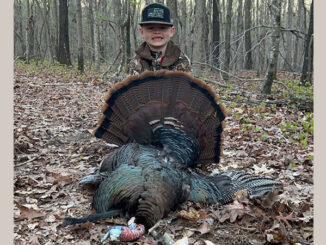
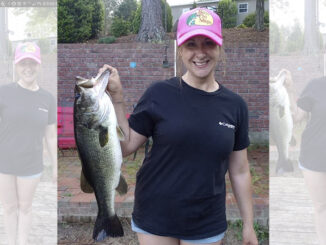
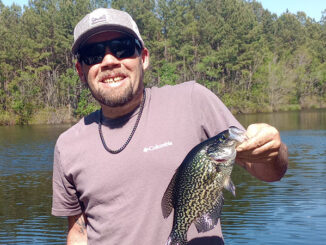
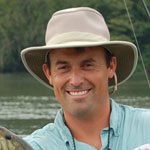
Be the first to comment